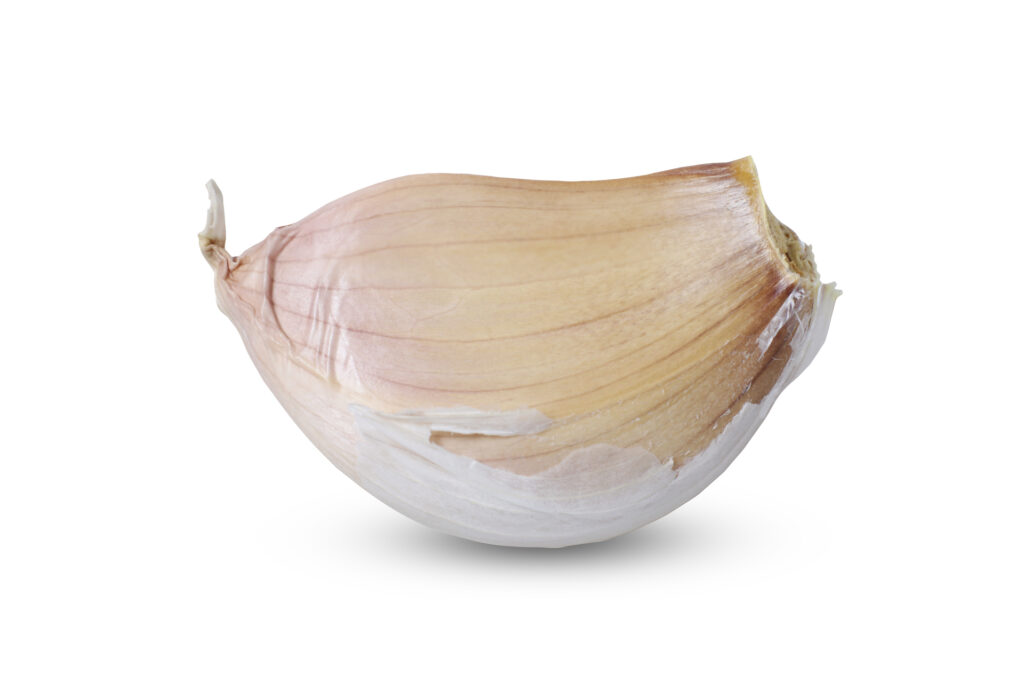Garlic is a common food. It adds flavor, but people have used it as medicine as well. One of its most popular health claims is that garlic lowers blood pressure. Many people with high blood pressure want natural help. They want to avoid medication. They hope garlic will fix the problem. The truth is very different.
Why People Think Garlic Helps Lower Blood Pressure
Garlic contains a compound called allicin. Allicin forms when raw garlic is chopped or crushed. Allicin is unstable. It breaks down fast. Some lab studies show that allicin can relax blood vessels. Relaxed vessels lower blood pressure.
These lab studies were done on rats or on cells. But humans are more complex than rats. What works in a petri dish may not work in a person.
Some small human studies tested garlic supplements. Some of these showed small drops in blood pressure. This led people to think garlic is a cure. But this is not the full story.
The Real Evidence
Serious health decisions need strong evidence. This means large studies, with many people, over long periods. It means studies that use placebos. A placebo is a fake treatment. Good studies compare the real treatment to the fake one.
When scientists look at all the good studies together, garlic does not impress. A 2020 review in The Journal of Nutrition found small drops in blood pressure from garlic supplements. But the drops were tiny. On average, systolic pressure dropped 5 to 7 mmHg. Diastolic pressure dropped 2 to 4 mmHg. These effects were only seen in people who already had high blood pressure. In healthy people, garlic did nothing.
Also, these studies used aged garlic extract. That is a pill. It is made in a lab, it is not raw garlic. You would have to eat a lot of raw garlic to get the same dose.
Not Enough for Real Help
To prevent stroke or heart disease, blood pressure must stay low every day. That means steady control. Garlic does not do that. The effect is too weak. It does not last, does not work in everyone and cannot replace real treatment.
Doctors use medications that are proven to work. These include ACE inhibitors, ARBs, calcium channel blockers, and diuretics. ACE inhibitors stop a chemical that narrows blood vessels. ARBs block receptors that tighten blood vessels. Calcium channel blockers relax blood vessel walls. Diuretics help the body lose extra salt and water. These medications lower blood pressure fast and reliably. Garlic cannot do the same.
What the Guidelines Say
The American Heart Association does not recommend garlic for blood pressure. Neither do guidelines from Europe or Canada. Doctors do not use garlic to treat hypertension. There is not enough proof. Garlic is not included in any official treatment plans.
What do doctors recommend? They suggest a diet low in salt, losing weight if you are overweight, and regular exercise. They may prescribe medication. These steps have strong science behind them.
Garlic’s Risks
Garlic is usually safe in food. But large doses can be harmful. It can cause heartburn and gas, is can upset your stomach, and it can make your breath and sweat smell bad. Garlic also thins your blood. This is dangerous if you take aspirin or other blood thinners. It can raise the risk of bleeding, especially during surgery.
Garlic supplements are not regulated like drugs. That means the amount of allicin can vary. Some products may not contain what the label says. Some may be contaminated. You cannot trust them like you trust medicine.
The Bottom Line
Garlic is healthy as a food. It may help your immune system. It may help your cholesterol a little. But it will not lower blood pressure in a reliable or lasting way. It is not a cure. It is not a replacement for real treatment.
Sources
American Heart Association. Dietary Supplements: Hype or Help for Good Health
NICE Guidelines: Hypertension in Adults






